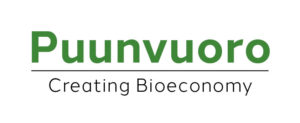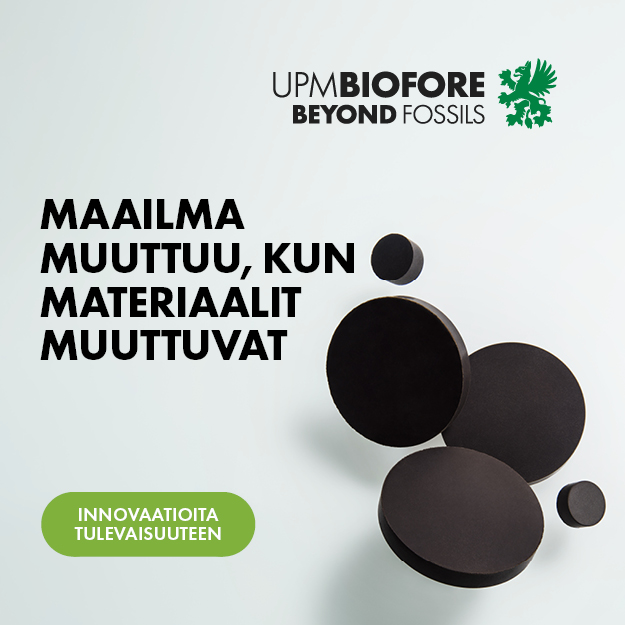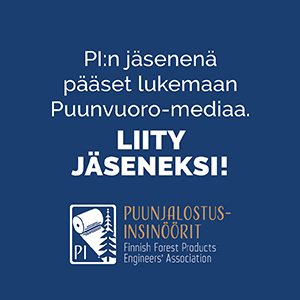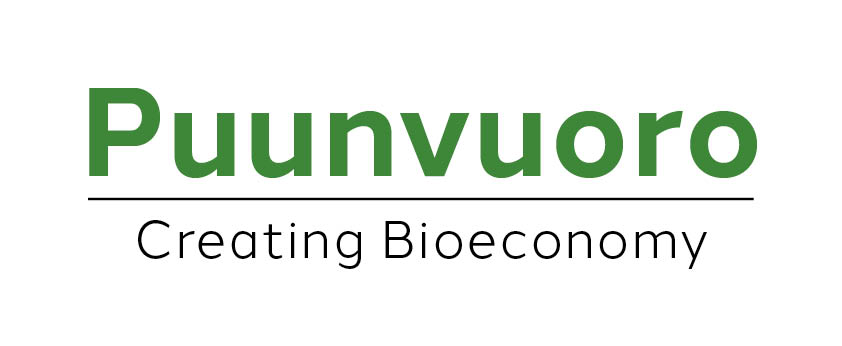Julia Vuorinen has changed careers. Prior to working with biomaterials at VTT in the “textile and non-woven fabric materials” research team, she worked as a business developer. Her work included, in particular, project-based operational reforms from planning to implementation in many industries, including the ICT sector.
“I liked my job but felt like a generalist. I noticed that I actually wanted more specialised skills.”
The change of career, which she had been considering for a long time, finally became reality during her maternity leave. Vuorinen returned life as a student at Aalto, now on the chemical engineering side of things.
The decision to change careers was not an easy one.
“It was also a major financial risk. But if a change of career feels important, it’s worth it. I’m really satisfied with how inspiring it has been to learn something new. It’s also important to me that I can participate in solving the challenges of sustainable development.”
Her previous work as a business developer has also given her tools for her current job.
“It’s interesting and challenging to encourage people to do something differently than before. I’m also familiar with the operational implementation of changes, such as new businesses or new products. At VTT, I can both develop new textile materials and use my business expertise in, among others, a project that supports the circular economy of the textile industry and is funded by the EU.”
Communication about bioproducts needed
The need to do things differently from before is also evident in bioproducts and biomaterials. Forest-based biomass products are an essential part of sustainable development and the production structure that is already undergoing change.
“A broader change in ways of thinking is also needed in order for consumers to switch to bio-based products. Communication and guidance are needed to increase their sales. Companies also need to change their way of thinking in order to offer such products and invest in their development. The scientific community must also develop its ability to communicate its research to the wider public.”
Vuorinen admits that she was surprised at the beginning of her studies in biotechnology by how versatile biomass is as a raw material.
“Paper, packaging and building materials and new textile fibres in the forest industry were the first things that came to mind. But cellulose can also be used in medicine, electronics, food, industrial processes and various utilities. The potential surprised me.”
She believes that the forest industry is making good progress in the reform of its production.
“Start-ups are an important part of development, but large companies are absolutely necessary in order to fully utilise the potential of the bioeconomy.”
Vuorinen points out that not everything can and should be bio-based. The development of synthetic materials has a long history, and there are many products with better properties than bio-based products. Furthermore, being bio-based does not automatically mean a solution is better in terms of environmental impacts.
“I think it’s important that, in addition to developing new bio-based products, we also focus on how to reduce the adverse effects of products made from fossil raw materials.”
Three tips for students:
1. Don’t stress yourself out if you don’t know what you want to study right away. Biotechnology is a broad field that offers different jobs for different industries. You have plenty of time to decide.
2. Remember the 80/20 principle. Spend 80% of your study time on what actually interests you. 20% should be reserved for other skills beyond your focus of study, as researchers must also be able to network and communicate about their work.
3. Learning doesn’t end when you go to work. Your education can build a solid foundation, but you constantly learn more in working life.




